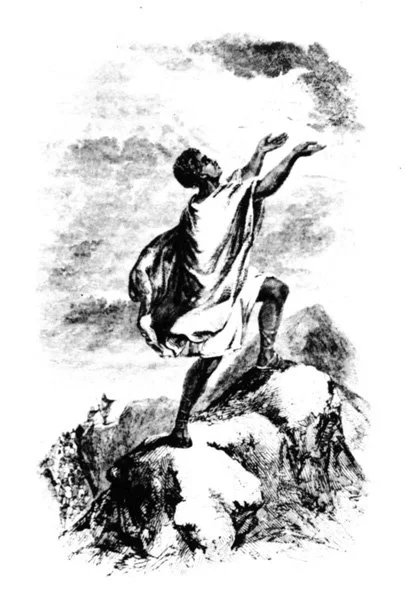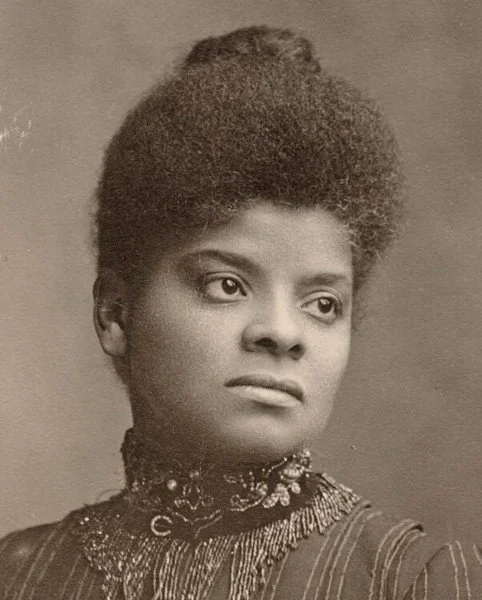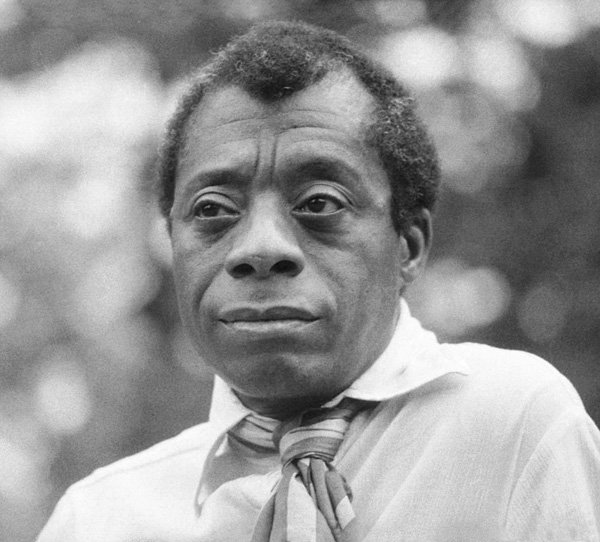Keeping the Faith
Unshrinking in the face of violence, America’s black thinkers have lighted the way.
Read
In 1829, the abolitionist David Walker published a stunning, poignant appeal to “to the colored citizens of the world.” He urged them to fight against a system of racial slavery and oppression, and to expose that system’s moral bankruptcy. The essence of Walker’s plea has since taken shape in the work of some of America’s greatest thinkers, like W.E.B. Du Bois, James Baldwin and Billie Holiday. Political philosopher Melvin Rogers reflects on their ideas, their art and their struggles against political resignation.
Rogers opens the episode with a discussion of Abel Meeropol’s 1937 poem “Bitter Fruit,” immortalized two years later as “Strange Fruit” in the haunting voice of jazz great Billie Holiday. Holiday’s recording — with its stylized performance — brought Americans face to face with the horror of lynchings. And it provided the aesthetic counterpart to the calculated and shocking investigative journalism of Ida B. Wells. Rogers draws connections from Walker to Wells, from Du Bois to Baldwin, from Holiday to rap star Kendrick Lamar. They all share, he argues, an abiding faith in the democratic project, and the idea that, so long as the struggle carries on, “we gon’ be alright.”
Meet
Melvin L. Rogers is a professor of political science at Brown University and associate director of the Center for Philosophy, Politics, and Economics. His scholarship focuses on democratic theory and intellectual history. He is the author of The Darkened Light of Faith: Race, Democracy, and Freedom in African American Political Thought (Princeton University Press, 2023). His first book was The Undiscovered Dewey: Religion, Morality, and the Ethos of Democracy (Columbia University Press, 2012). Rogers has also written for the Atlantic, Dissent and Boston Review. Follow him @MRogers097.
The Darkened Light of Faith argues that the African American political tradition is fundamental to the American political tradition — and may yet save it. Other thinkers covered in the book include Frederick Douglass and Anna Julia Cooper.
A key strand in this tradition, Rogers has said, is the idea of solidarity.
Rogers coedited 30 essays in African American Political Thought: A Collected History, which offers a broader sweep of black intellectual history, taking up Malcolm X and Clarence Thomas among its subjects. One chapter by David Chappell reconsiders the Rev. Martin Luther King Jr. as strategist.
Writing for Dissent, Rogers has defended civility and praised the film Black Panther, while offering a nuanced critique of author Ta-Nehisi Coates’s Between the World and Me — saying Coates slips too far into a discourse of despair.
In Undiscovered, Rogers nerds out on John Dewey, taking special interest in the 19th-century philosopher’s pluralism, ethics and spiritual commitments in the face of modernity.
Learn
Time magazine named “Strange Fruit” one of the top 100 songs of the 20th century. Learn more about its making in a short documentary from the Salt Project and WFYI Public Radio in Indianapolis. Or in this story from American Songwriter.
John Szwed, director of Columbia University’s Center for Jazz Studies, published a biography of Holiday, known as Lady Day, on the 100th anniversary of her birth, in 2015. The New Yorker describes Szwed’s book as a meta-story — as much about the creation of Holiday’s image as it is about her life itself.
W.E.B. Du Bois was a German-trained sociologist, activist and radical thinker whose landmark collection of essays, The Souls of Black Folk, appeared in 1903. It asked what it means to be black in the United States and critiqued the dominant white narrative of African Americans as a “problem” for the country to solve. The Carolina Quarterly reviewed a 2017 re-edition of Souls.
Writing for The Paris Review, Ibram X. Kendi discusses the continued relevance of that work.
Du Bois was also a poet. You can read some of the verses — and those of others he promoted — in a digital collection from the University of Massachusetts–Amherst.
Famously, Du Bois described the black experience as a kind of “double-consciousness, this sense of always looking at one’s self through the eyes of others, of measuring one’s soul by the tape of a world that looks on in amused contempt and pity.” That essay, “Strivings of the Negro People” originally ran in the August 1897 issue of The Atlantic.
Ida B. Wells in many ways invented the genre of investigative journalism as a form of activism, with her reports on the truth about lynchings. The Library of Congress collects much of that work, which Wells began after a friend was lynched in Memphis, Tenn., in in 1892.
The next year, Wells traveled to the World’s Fair in Chicago and called for African Americans to boycott the expo because it excluded black people and their triumphs.
The writer James Baldwin grew up poor in Harlem during the Great Depression. Known for his stirring and unapologetic indictment of American racism, he was also an acclaimed novelist — and an openly gay man at a time when homosexuality remained a taboo topic. The Brooklyn Museum shares an excerpt of God Made My Face, a new volume about Baldwin curated by Hilton Als.
Journalist Ta-Nehisi Coates helped put Baldwin back on the literary map in the 21st century, suggesting in 2013 that Baldwin may be the country’s greatest essayist and a writer whose work only deepens with time. Revisit Coates’s own provocative case for reparations.
Heard on the show
We opened the show with Holiday singing “Strange Fruit.” Watch her perform a live version, filmed in 1959. Our interview with Rogers closes on a bit of Lamar’s 2015 hit “Alright,” from the album To Pimp a Butterfly. In the middle, you’ll hear the singer, actor and civil rights activist Harry Belafonte do a version of the Negro spiritual “Oh Freedom,” originally released in 1959.
The top of this episode also includes scoring with tracks from Blue Dot Sessions, “Delving the Deep” (2022, Sour Mash); and David Hilowitz, “Angle of Light” (2018, Angle of Light).
Transcript
Coming soon!









